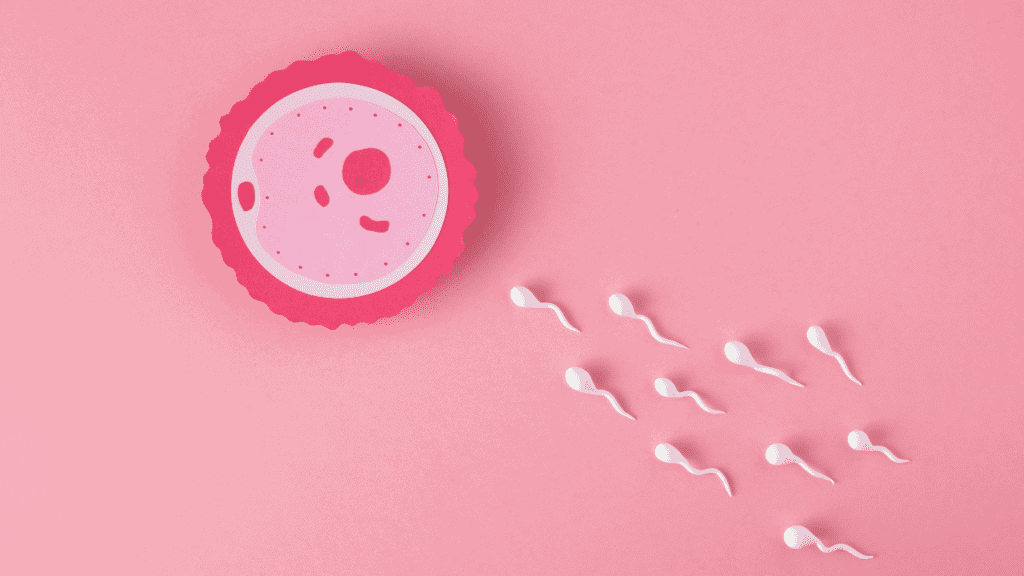Infertility : A Comprehensive Guide to Treatments through IVF & IUI

In the last few decades, the number of people who are unable to have children has significantly increased. One of the best Infertility centres in Hyderbad suggests that infertility is a condition that affects 15% of couples in the world, and it often goes undiagnosed. The inability to conceive a child after one year if attempting to do so without using any other methods of contraception is known as infertility. Most commonly, infertility arises due to endometriosis, ovulatory issues, or sperm abnormalities. Other reasons include blocked or crooked fallopian tubes, hormone imbalances, and infections like chlamydia and gonorrhoea. It is important for both partners to be aware of this condition because it is not always easy to diagnose and may sometimes lead to secondary infertility. If you want to know more about fertility treatments, read on!
What are the various IVF and IUI treatments?
There are several treatments for infertility when one or both partners are diagnosed with infertility. Each of these treatments has its own advantages and disadvantages. Here, we have listed the most common treatments:
- Semen Analysis: It is the first step in diagnosing male infertility. In this test, the doctor of these infertility clinics will examine the sperm count, sperm motility (if the sperm are moving or not), sperm morphology (if the sperm are shaped normally or not), and any other factors that may hinder conception. If the semen analysis shows an abnormal result, the doctor may recommend a sperm DNA fragmentation test.
- Ovulation Induction: It is a process in which you take medicines or apply hormones to induce ovulation. Follicle-stimulating hormone, luteinizing hormone, or subcutaneous injections are given to induce ovulation.
- In vitro fertilization (IVF): In this, eggs are extracted from the ovaries, fertilized with semen in a lab, and then implanted in the uterus.
- Intrauterine insemination (IUI): The doctor will examine the woman to check her ovulation before performing IUI. The semen is then washed and mixed with the woman’s eggs in the lab. The mixture is then inserted into the uterus through the cervix.
- Surrogacy: It is a process where a woman carries another woman’s child.
- Donor Insemination: A man donates his sperm at one of the best infertility clinics and the doctor transfers it into a woman’s uterus.
IVF
In vitro fertilization is one of the most common and effective treatments for infertility. It is a process where a woman’s eggs are fertilized with a man’s sperm in a controlled environment. If fertilization is successful, the zygotes will be implanted into the uterus. This can help couples whose infertility is due to male or female issues.
- Male issues: If the male partner’s sperm count is low or has poor motility, in vitro fertilization can help fertilize the eggs with the help of intracytoplasmic sperm injection.
- Female issues: If the female partner’s eggs are low in quality, the doctor may recommend harvesting and fertilizing the eggs with in vitro fertilization.
- When one or both partners are diagnosed with endometriosis, in vitro fertilization is the best infertility treatment.
- Risks of IVF include stress, multiple births, the transmission of viruses or bacteria, ectopic pregnancy, and a higher chance of miscarriage.
- Side effects include fatigue, headaches, abdominal pain, and mood swings.
- Recovery takes 6 weeks, and doctors recommend avoiding sexual intercourse for 2 months after the treatment.
- You will also need to take progesterone pills to increase the chances of a successful pregnancy.
IUI
Intrauterine insemination is a viable infertility treatment when the female partner has ovulatory issues. It is a process where the doctor extracts semen from the male partner and mixes it with the woman’s eggs in a lab. The mixture is then inserted into the uterus through the cervix.
- IUI is the best infertility treatment for women who cannot produce a lot of eggs or have poor egg quality.
- It can also be used to treat endometriosis, polycystic ovary syndrome (PCOS), and male infertility.
- When one or both partners have a low sperm count, IUI can be a better alternative than IVF because it is less expensive and less invasive.
- Risks of IUI include ectopic pregnancy and transmission of diseases and bacteria.
- Side effects include fatigue, abdominal pain, and headaches.
- Recovery takes a few days, and doctors recommend avoiding sexual intercourse for 2 weeks after the treatment.
Why choose IVF and IUI?
There are many reasons why you may choose to undergo in vitro fertilization or intrauterine insemination. Here are some of them:
- When one or both partners have low sperm count, egg quality issues, or endometriosis.
- When you are going through medical treatment for cancer or other diseases.
- When one or both partners have unexplained infertility.
- When you are in a same-sex relationship.
- When you want to plan children in your 40s or 50s.
- When you are undergoing fertility treatments due to PCOS, uterine fibroids, azoospermia, or male subfertility.
Pros of IVF and IUI
- These are highly effective infertility treatments.
- They are safe and cause few side effects.
- They can help treat infertility due to male and female issues.
- They can also be used to treat conditions like endometriosis, PCOS, and azoospermia.
- They can help people who are waiting to get pregnant due to fertility problems.
- They can help women in their 40s and 50s who want to conceive.
- They can be used for multiple births.
Cons of IVF and IUI
- These treatments are expensive.
- They cannot be used if you have unexplained infertility.
- They are highly invasive and may cause stress.
- They may not be suitable for people who want to wait a few years to conceive.
- They will not help you conceive naturally.
- They may not be suitable for people who have a low sperm count or low egg quality.
- They may not be suitable if you have a low libido.
- They may not be suitable if you are not in a stable relationship.
Final Words
It’s important to know your options when it comes to fertility treatments. Before you decide to go in for any of these treatments, talk to your partner and doctor. This will help you determine which treatment will work best for you. You can also read about the different types of fertility treatments and decide what works best for you and your partner. Keeping all these things in mind, you can make a well-informed decision and try to conceive.
Felicity – A modern-day fertility, and reproductive healthcare. Founded on the principles of one size doesn’t fit all and judgement is an attribute of the insensitive, we deliver modern-day and customised healthcare means to everyone with parenthood and fertility goals. With a passion to deliver comfort, confidence, and excellence, Felicity creates a warm and non-judgmental space. Space where everyone is always welcome!
